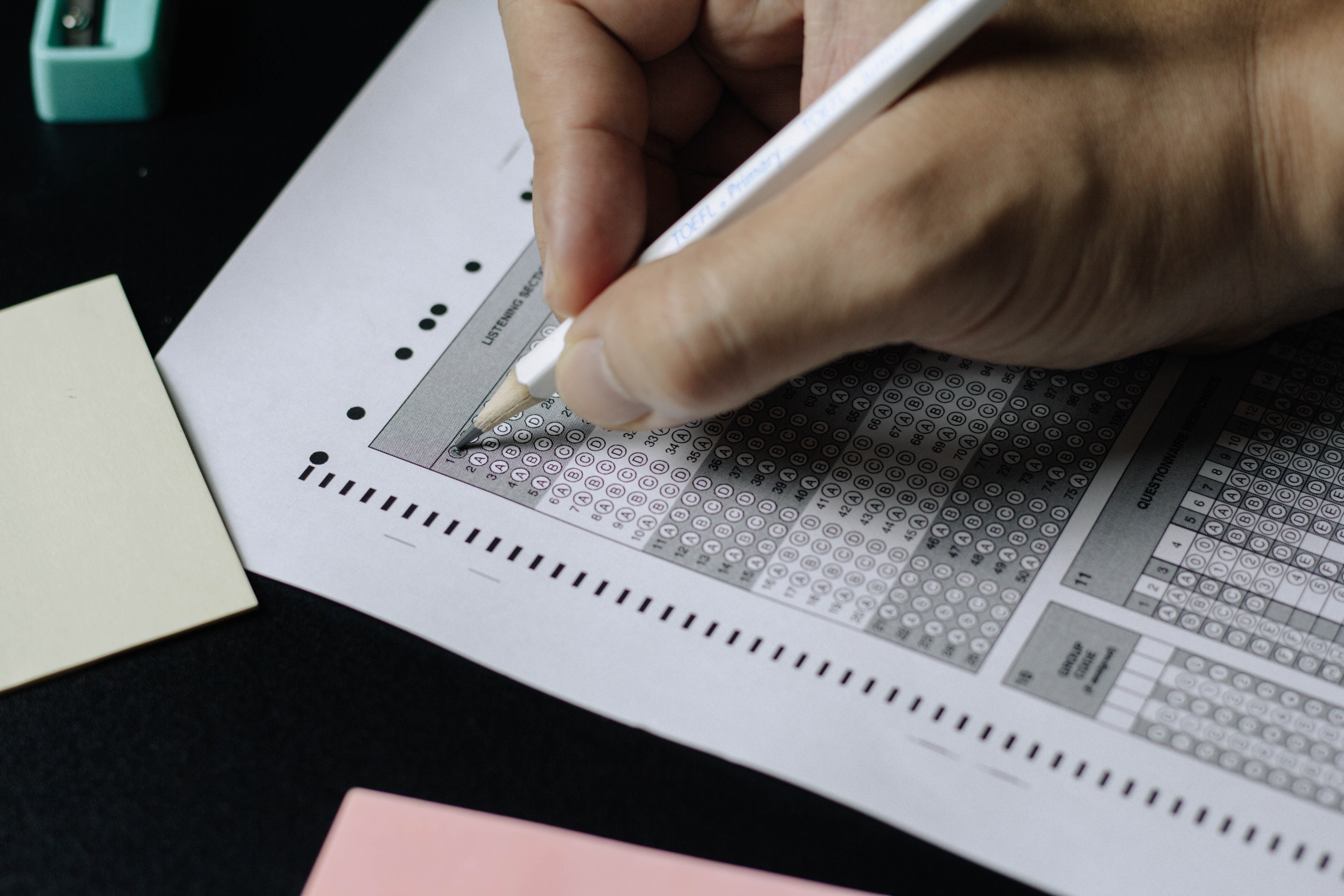Exam Results vs. Personal Growth: The Role of Schools

Schools are an integral part of society as a whole. They serve multiple purposes, ranging from academic to social and personal development. However, in recent times, the term "exam factory" has been used to describe schools that prioritize exam results over other aspects of education. While exams and assessments are important, it is crucial to recognise that schools serve a broader purpose beyond simply preparing students for tests.
Exams and assessments are crucial components of the educational process, as they enable teachers to evaluate students' progress and identify areas where they need additional support. The education system places significant importance on exams, with students required to take GCSEs, A-levels, and other standardised tests throughout their time in education. These tests play a vital role in determining students' future academic and career prospects.
However, schools serve a more significant purpose than simply preparing students for exams. Schools are places where students learn a range of subjects and skills, develop social skills and relationships, and participate in extracurricular activities. Education is not just about academic achievements but also about personal growth and development. Schools must offer a balanced education that meets the needs and interests of individual students.
The pressure to perform well in exams can lead to schools prioritizing test results over other aspects of education. This approach can result in students experiencing anxiety and stress, which can negatively impact their mental health and wellbeing. Schools should aim to strike a balance between the importance of exams and assessments and the need to provide a well-rounded education.
To achieve this balance, schools should focus on providing a holistic education that goes beyond exam results. This approach involves valuing students' personal growth and development alongside their academic achievements. For example, schools can provide opportunities for students to participate in extracurricular activities, such as sports, music, and drama. These activities can help students develop important social skills, such as teamwork, leadership, and communication.
Moreover, schools should provide students with support and resources to cope with exam pressure. Teachers can offer strategies to manage stress and anxiety and provide additional support to students who need it. Schools can also implement measures to reduce exam pressure, such as providing students with more frequent feedback on their progress and reducing the emphasis on high-stakes exams.
While exams and assessments are essential components of the education system, schools serve a broader purpose beyond simply preparing students for tests. Schools should aim to provide a well-rounded education that supports students' personal growth and development alongside their academic achievements. By striking this balance, schools can create a positive and supportive learning environment that benefits all students.